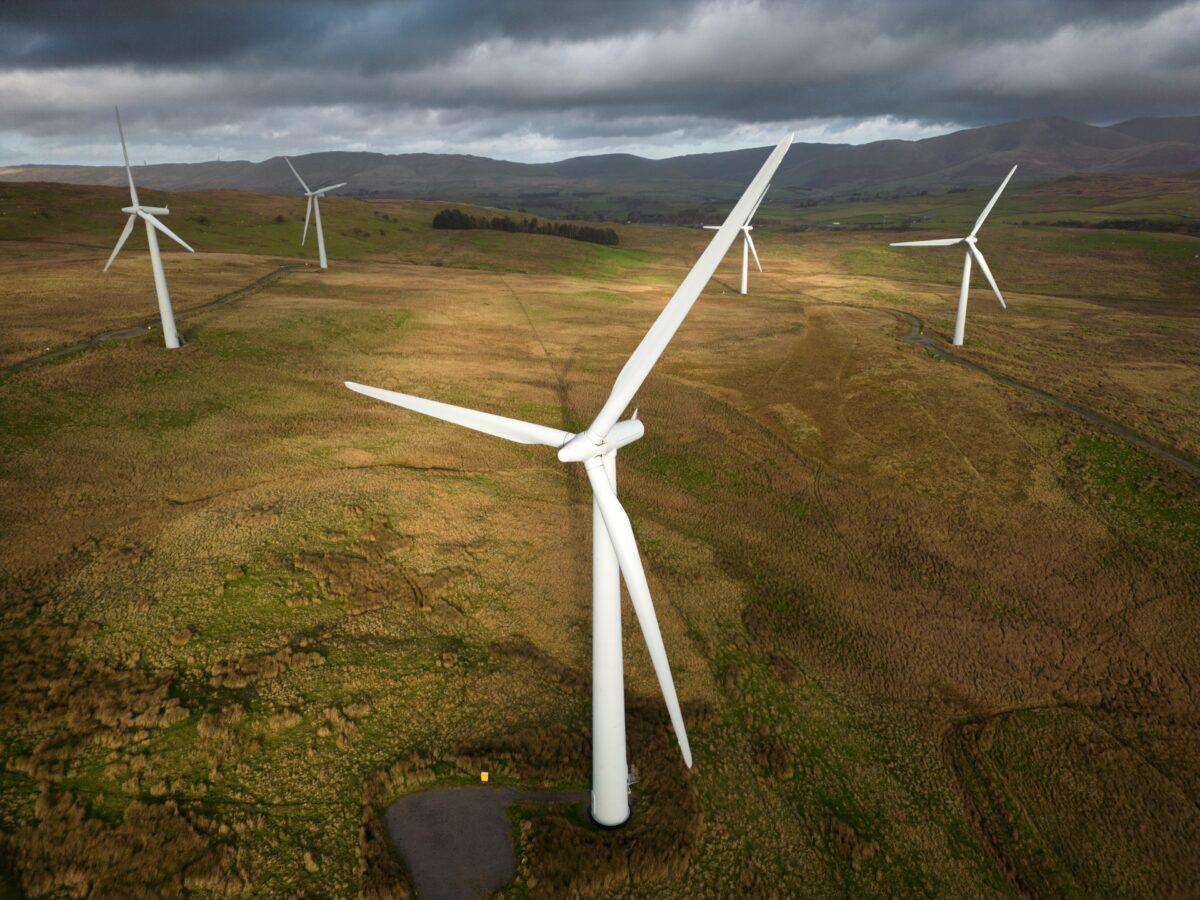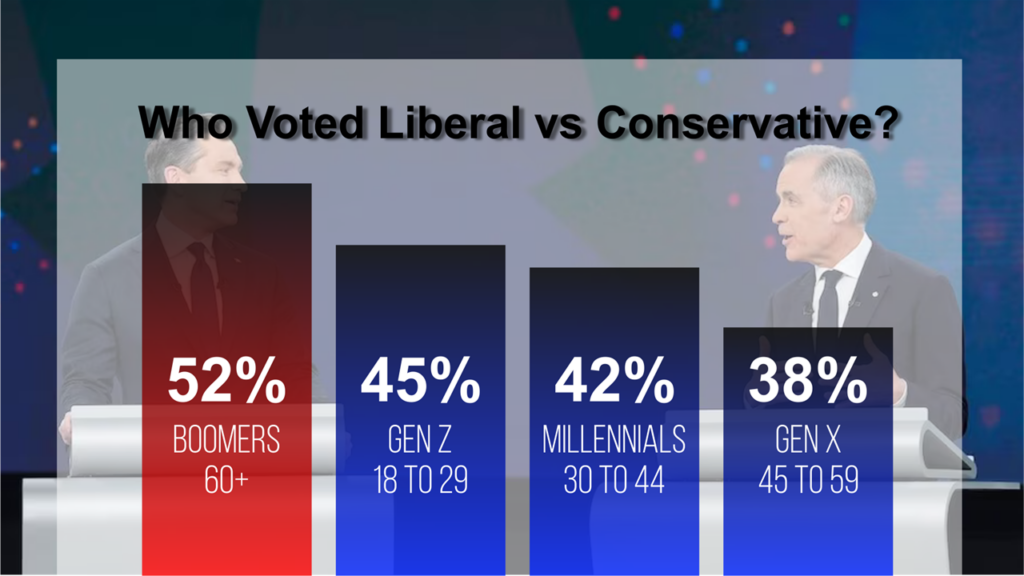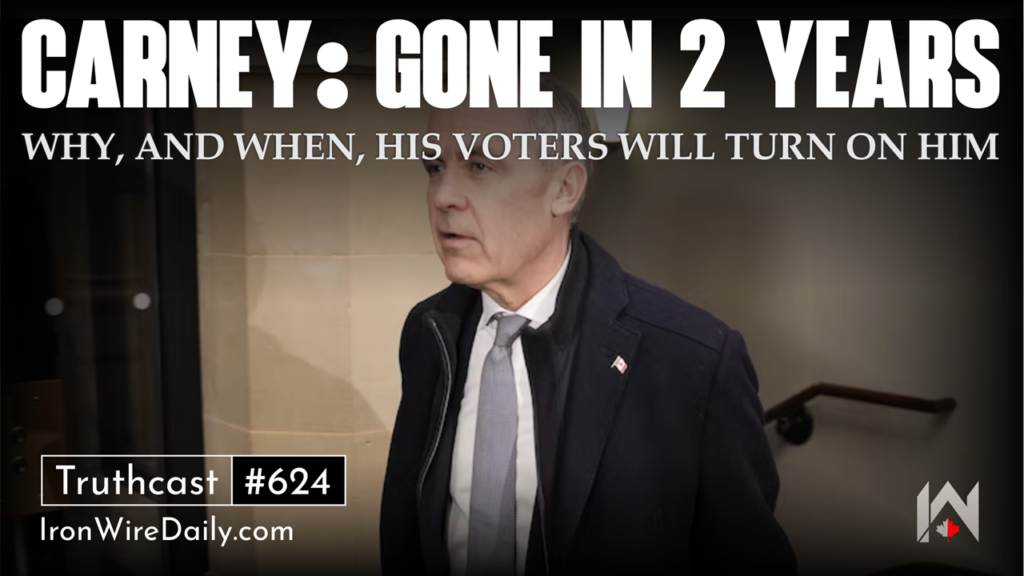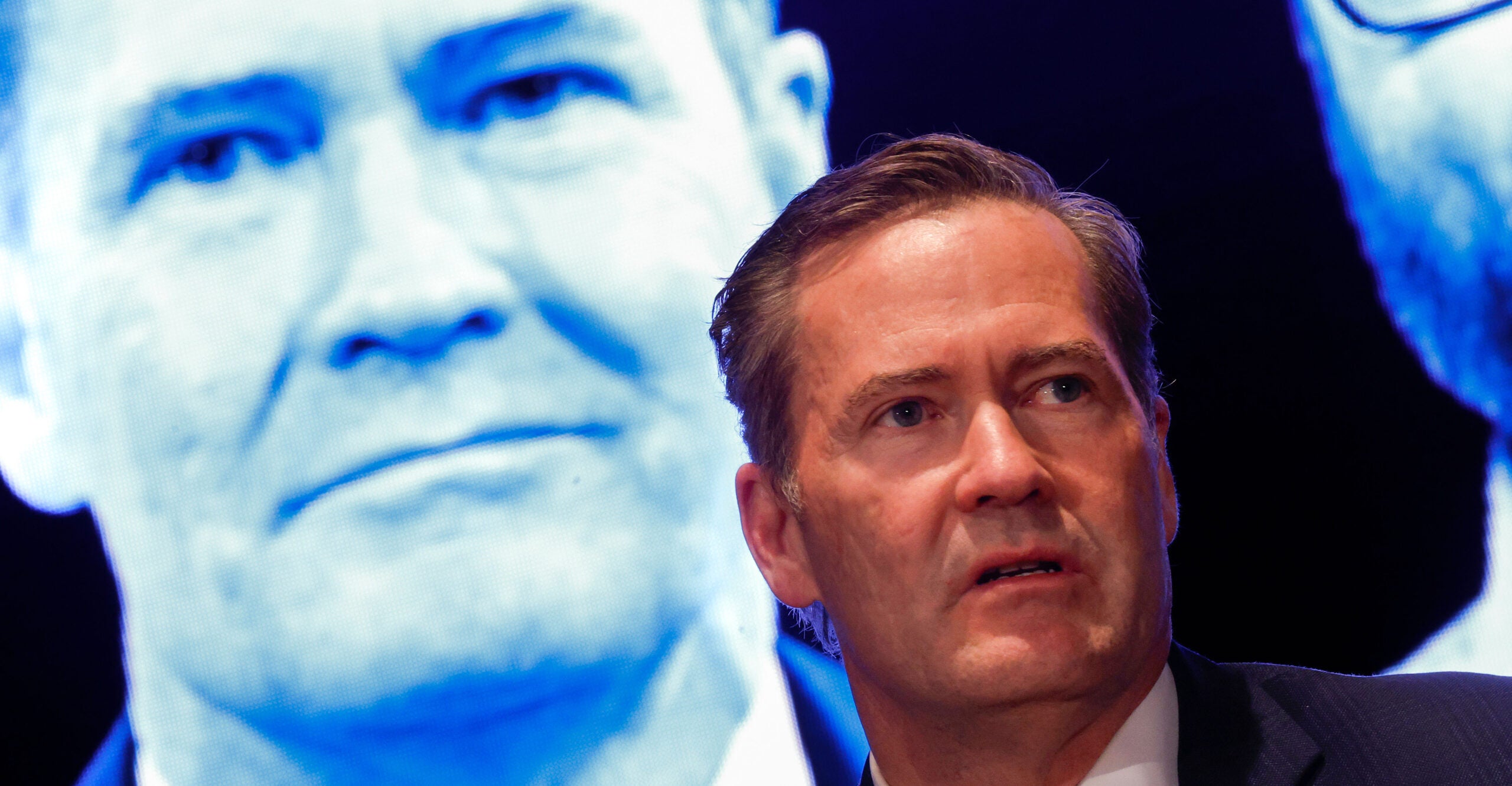High Costs Still a Barrier to Heat Pump Uptake, Price Unlikely to Go Down, Experts Say
Experts say the high cost of installing heat pumps remains a significant barrier to adoption, and the technology is unlikely to become much cheaper in the future.
Mike Foster, CEO of the Energy and Utilities Alliance (EUA), told The Epoch Times that the high cost is partly because of the complexity of converting a home from a combi boiler system to one that is electric.
He added that the price of the heat pump unit itself “is never going to realistically become cheaper than it is,” as the technology is inherently more complex than that of a traditional boiler.
The government has said that switching from a gas boiler to an electric heat pump could save homeowners £100 a year on their energy bills, when used with a “smart tariff” which requires a smart meter being installed.
Boiler Upgrade Scheme
Designing an all-electric heating system involves more than just installing the main air-source unit. Homeowners also need a large hot water tank and bigger radiators to distribute heat effectively, as heat pumps operate at lower temperatures than traditional gas boilers. Homeowners may also need better insulation.
Benefitting Wealthier People
Foster said that heat pump sales were up last year, thanks in large part to the BUS.
However, he said that the scheme is “fundamentally flawed” because “only the well off can afford to take part in the scheme and get the benefit of the taxpayer funded subsidy.”
Harry Wilkinson, head of policy at The Global Warming Policy Foundation, said that heat pumps are still not being chosen by most consumers.
No 2035 Boiler Ban
Domestic heating accounts for 14 percent of the UK’s carbon emissions, and the government is encouraging homeowners to switch to electrified heating as part of its efforts for the UK to meet its net zero emissions pledge by 2050.
Foster said these recent shifts showed that there is “greater realism about the challenge of domestic heat and how you decarbonise it.”
Make Electricity Cheaper
Wilkinson said that when done right, heat pumps can reduce emissions and save money.
However, those outcomes would become more viable if the government focused on the cost of electricity, rather than paying people to buy boilers, he said.
“The cost of electricity is pushing people away from heat pumps,” Wilkinson said.

He continued: “There has to be a realisation about the fact that we’ll be using gas boilers for a very long time to come. There is a growing sense that getting the cost of electricity down is a key factor, and one policy makers should be focusing on.”
Foster added that policy makers should diversify energy plans, which could include bio-methane, hydrogen, and hydrogen blending.
Blair’s Criticisms
Earlier this week, former Prime Minister Sir Tony Blair appeared to deviate from Labour Party policy, when he argued that the current climate approach “isn’t working.”
“In developed countries, voters feel they’re being asked to make financial sacrifices and changes in lifestyle when they know that their impact on global emissions is minimal,” he wrote.

Changing the System
This week, the Department for Energy Security and Net Zero (DESNZ) launched a consultation on expanding the BUS to include other electric systems, such as heat batteries and air-to-air heat pumps.
Measures also being considered include new purchase and ownership models which could spread the cost over a number of years or allow consumers to lease them for a monthly fee.
Minister for energy consumers Miatta Fahnbulleh said the proposals would “give working families more choice and flexibility to pick the low-carbon upgrades that work best for them.”
The department said the BUS had seen its best month since the programme opened, with 4,028 applications in March, up 88 percent on the same month last year.
The Epoch Times contacted the DESNZ for comment, but the department did not respond by time of publication.














